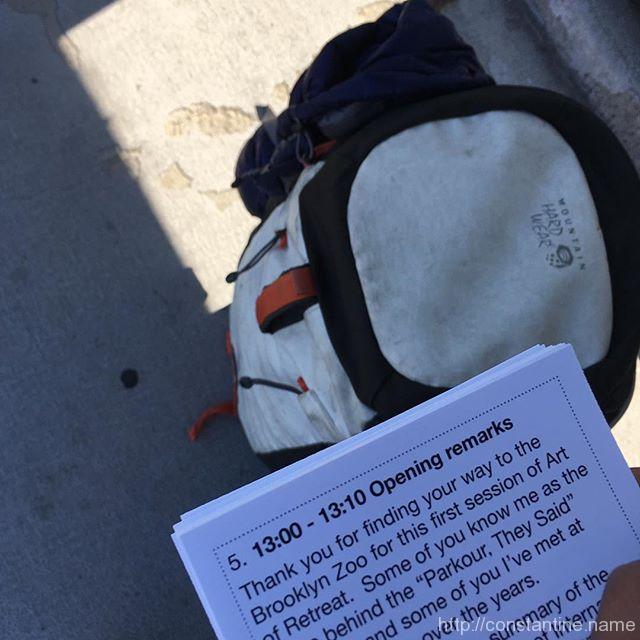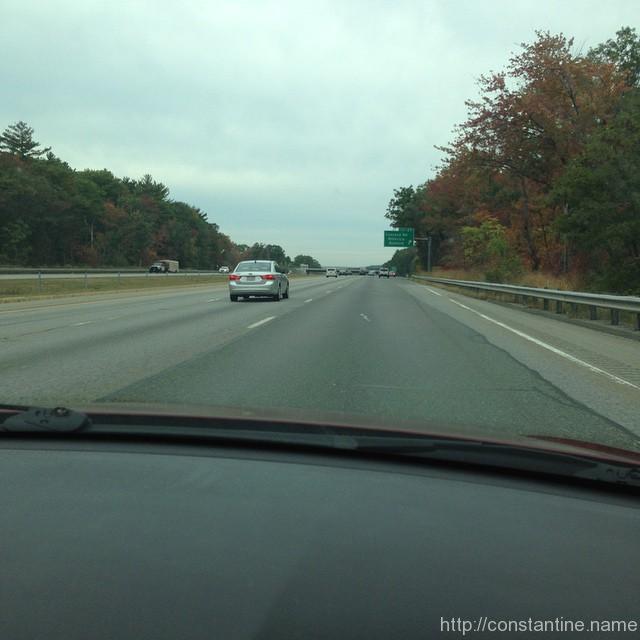Vibrant – with Alison Coates
What is the transformative impact of community, environment, and personal identity on creative expression and connection in a podcasting journey?
Embracing change, making unconventional choices, and the courage it takes to be your authentic self in a world filled with expectations.
It feels like those connections are now beginning to come together. I was reading a newsletter from the [local forest group.] It must have been published two or three years ago. And when I first read it, I thought: “that’s interesting.” And then I read it recently, and every article and person mentioned in there, I know… I now know who they are, I can put a face to those people, and I know more of their story and who they are. So there’s something brewing about the people in this community.
~ Alison (around 13:30)
Craig Constantine and Alison Coates begin with Alison’s breathtaking view of the Kyles of Bute and the ever-changing weather patterns in a remote Scottish village. She shares how the natural beauty of the area has become an integral part of her daily life and how her move to the village has shaped her perspectives. They touch on the evolving dynamics between locals and newcomers in the community, and Alison’s potential (budding?) interest in capturing the stories of the people she has come to know. Finally, Alison reflects on her youngest child’s non-binary journey, emphasizing the importance of normalizing discussions about personal identity.
Takeaways
Embrace Change — openness to new experiences and perspectives leads to personal growth and a deeper connection with community.
Normalize Identity Conversations — willingness to discuss a child’s identity and a community’s reactions demonstrates the importance of normalizing conversations about personal identity.
Impact of Authenticity — by being true to oneself, individuals can find happiness and inspire others to do the same.
Build Meaningful Connections — interactions highlight the value of building meaningful connections.
Community Resilience — observations of changing dynamics demonstrate the resilience of communities in the face of change.
(Written with help from Chat-GPT.)
ɕ









